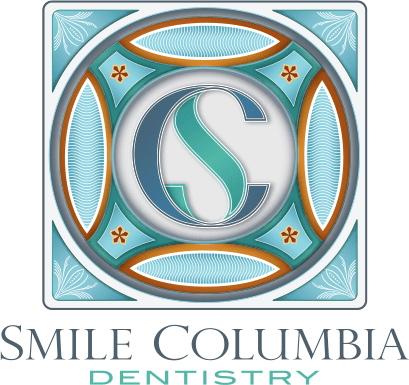Whether living on their own, in a loved one’s home, or in a managed care facility, falls represent a common and serious threat to persons age 65 and older. They are so common that about one in three people age 65 or older will suffer a fall each year, and falls are the leading cause of fatal and nonfatal injuries, including:
- Moderate to severe lacerations
- Fractures of the spine, hip, forearm, leg, or pelvis
- Traumatic brain injury, the cause of nearly half of all fatal falls
Even if a senior doesn’t suffer serious injury as a result of a fall, they may develop a fear of falling that can cause them to reduce their activity level. This leads to bone and muscle atrophy, and, paradoxically, increases their risk of future falls.
It’s important that the elderly do what they can to reduce their risk of falling, which includes getting functional dentures.
Dentures Can Reduce Fall Risk
Studies have shown that dentures may reduce the fall risk among the elderly population. One study compared the fall rate among 146 geriatric patients with dementia, who had natural tooth occlusion, denture occlusion, and no functional occlusion. The study looked at the proportion of each group that fell into either the “high fall” category (2 or more falls in the previous year) with “low fall” category (1 or no falls in the previous year):
- Natural dentition: 4 in the high fall group to 23 in the low fall group (85% low fall)
- Functional occlusion with dentures (includes partial dentures): 10 to 59 (86% low fall)
- No occlusion and no dentures: 27 to 23 (46% low fall)
People with dentures had about the same risk of being in the high fall group as people with their natural teeth, while people without dentures or functional occlusion were three times more likely to be in the high fall group. Although this is not conclusive proof, it certainly does suggest there may be a connection.
How Dentures Improve Stability
Another study showed dentures made them more stable whether walking or standing still. Researchers looked at 34 individuals who had lost all their teeth, then measured their standing and walking stability both with and without dentures. People with dentures has a lower center of mass which made them more stable when standing and were able to walk more quickly and smoothly.
Although researchers don’t talk much about the mechanism for this, neuromuscular mouthguards supposedly work by improving the force transfer from the neck to the head, which is partly mediated by the muscles, bones, and teeth of the jaw. Perhaps a similar mechanism is at work here.
Dentures Must Be Functional
However, these studies also stress that to be effective, dentures or natural teeth must provide functional occlusion. In the first study, people were only considered as having natural teeth or dentures if these provided proper occlusion. In the second study, patients’ dentures were evaluated for fit and were either adjusted or replaced if they were found to be inadequate.
FOY® Dentures are unique among dentures because they are, like neuromuscular mouthguards, designed on the principles of neuromuscular dentistry, which takes into account the functioning of the full mouth system, including the muscles and bones.
To learn how The Denture Fountain of Youth® may be able to help you, please contact Smile Columbia Dentistry to talk to a Columbia, SC neuromuscular dentist today.

